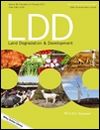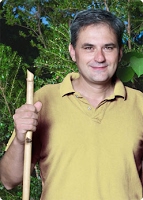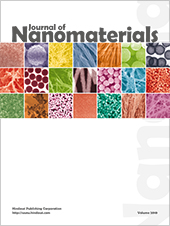 Another editor has resigned from an earth science journal following allegations over citation irregularities, which also took down its editor-in-chief.
Another editor has resigned from an earth science journal following allegations over citation irregularities, which also took down its editor-in-chief.
According to Land Degradation & Development website, editor Paolo Pereira has stepped down from the journal. The journal does not say why, and a spokesperson for publisher Wiley did not elaborate. The website has included the announcement about Pereira above a longer statement regarding citation issues at the journal, which saw its Impact Factor rise dramatically from 3.089 in 2014 to 8.145 in 2015.
Pereira — based at Mykolas Romeris University in Lithuania — has co-authored multiple papers with Artemi Cerdà of the University of Valencia in Spain, who stepped down as editor-in-chief of the journal earlier this year.
Continue reading Another editor resigns from journal hit by citation scandal





